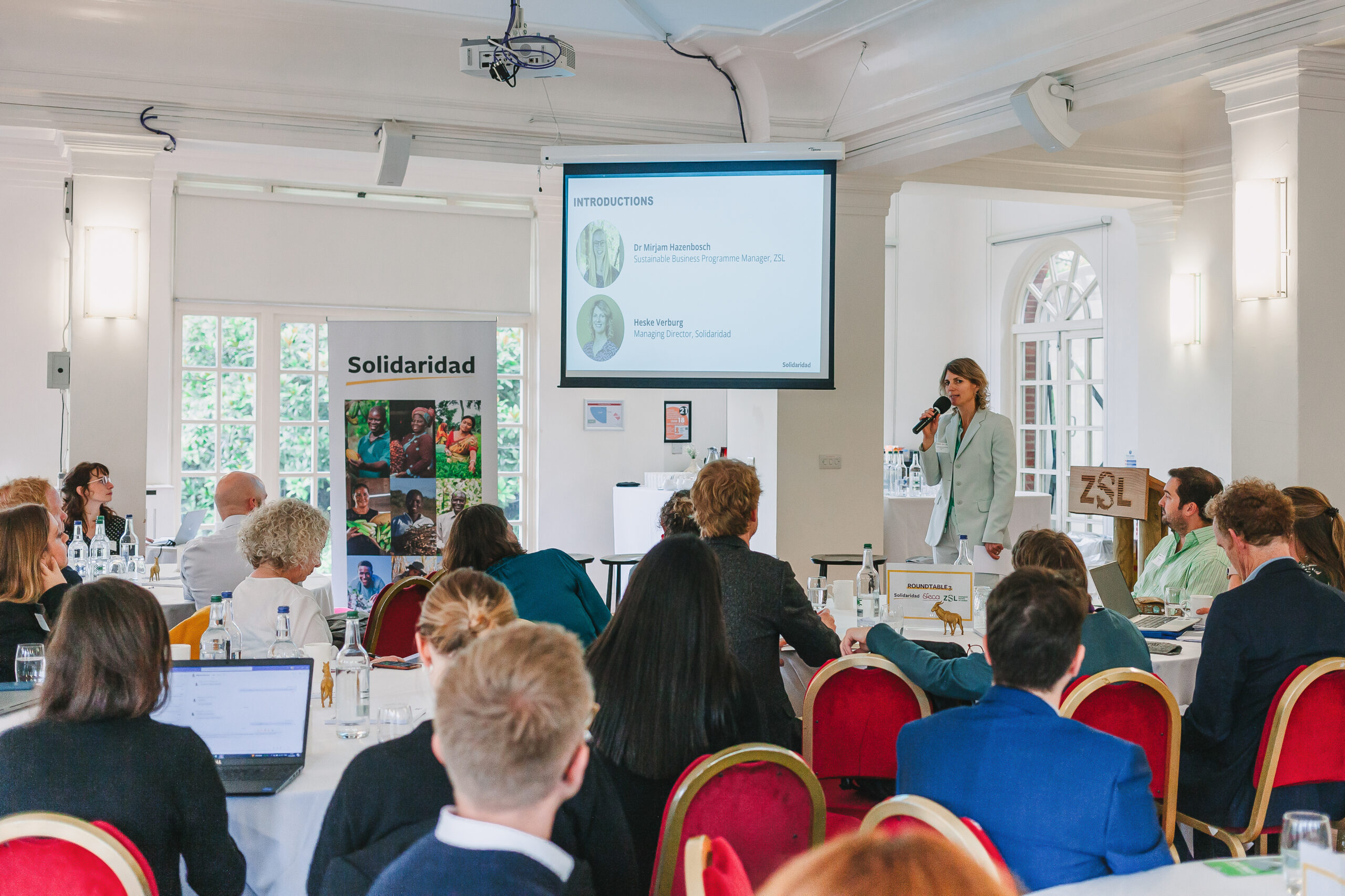Highlights
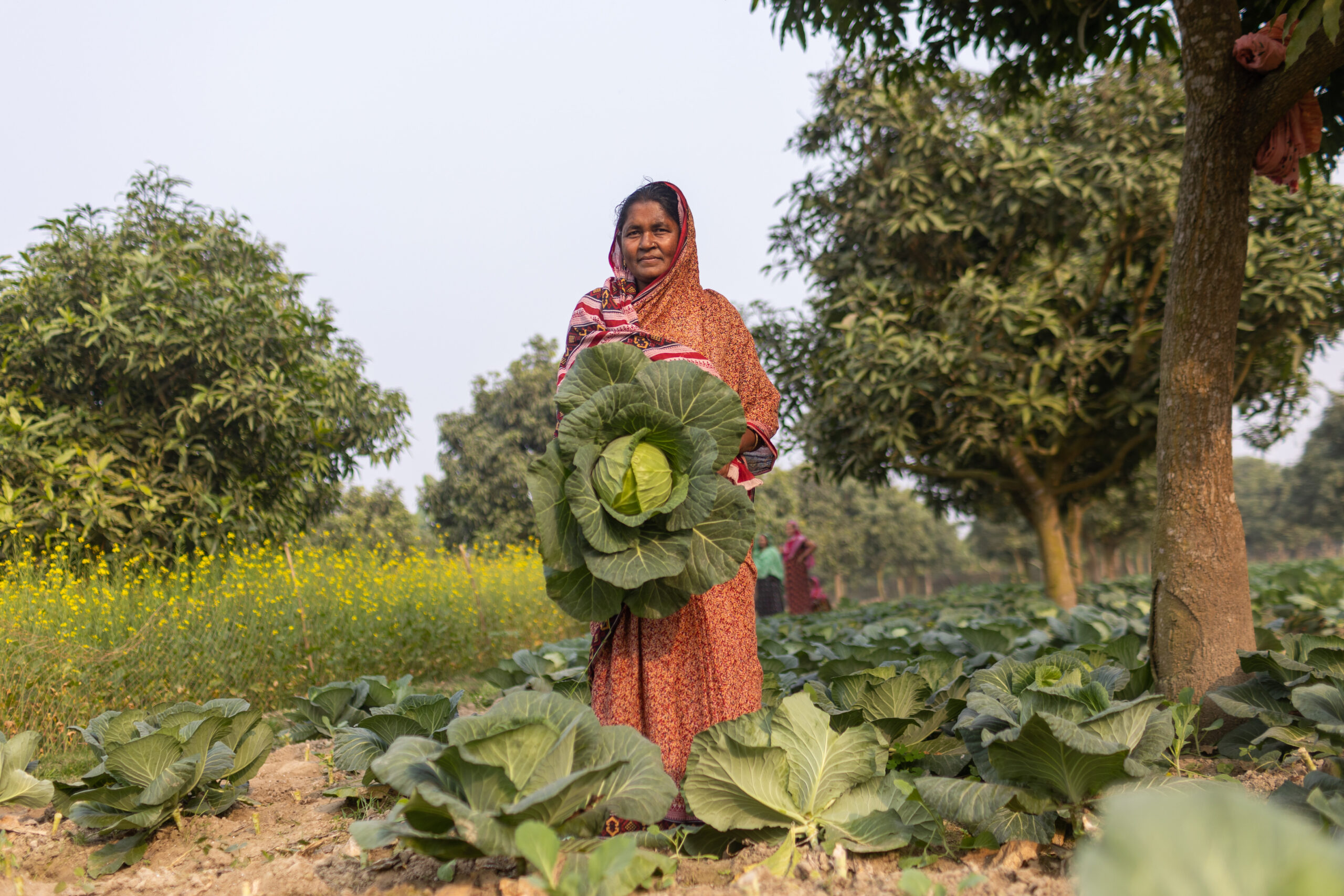
Partnerships with donors for meaningful impact
Solidaridad was proud to continue our efforts in various multi-annual international programmes with much appreciated donors like the Dutch Ministry of Foreign Affairs, Foreign Common Wealth and Development Office (FCDO), European Union, the Dutch and German Postcode Lottery (Nationale Postcode Loterij and the Deutsche Postcode Lotterie), GIZ, Achmea Foundation and many more. We’re working in close collaboration with our colleagues and stakeholders across the network, and continue stewarding relationships with donors, and managing programmes and projects to the highest standards.
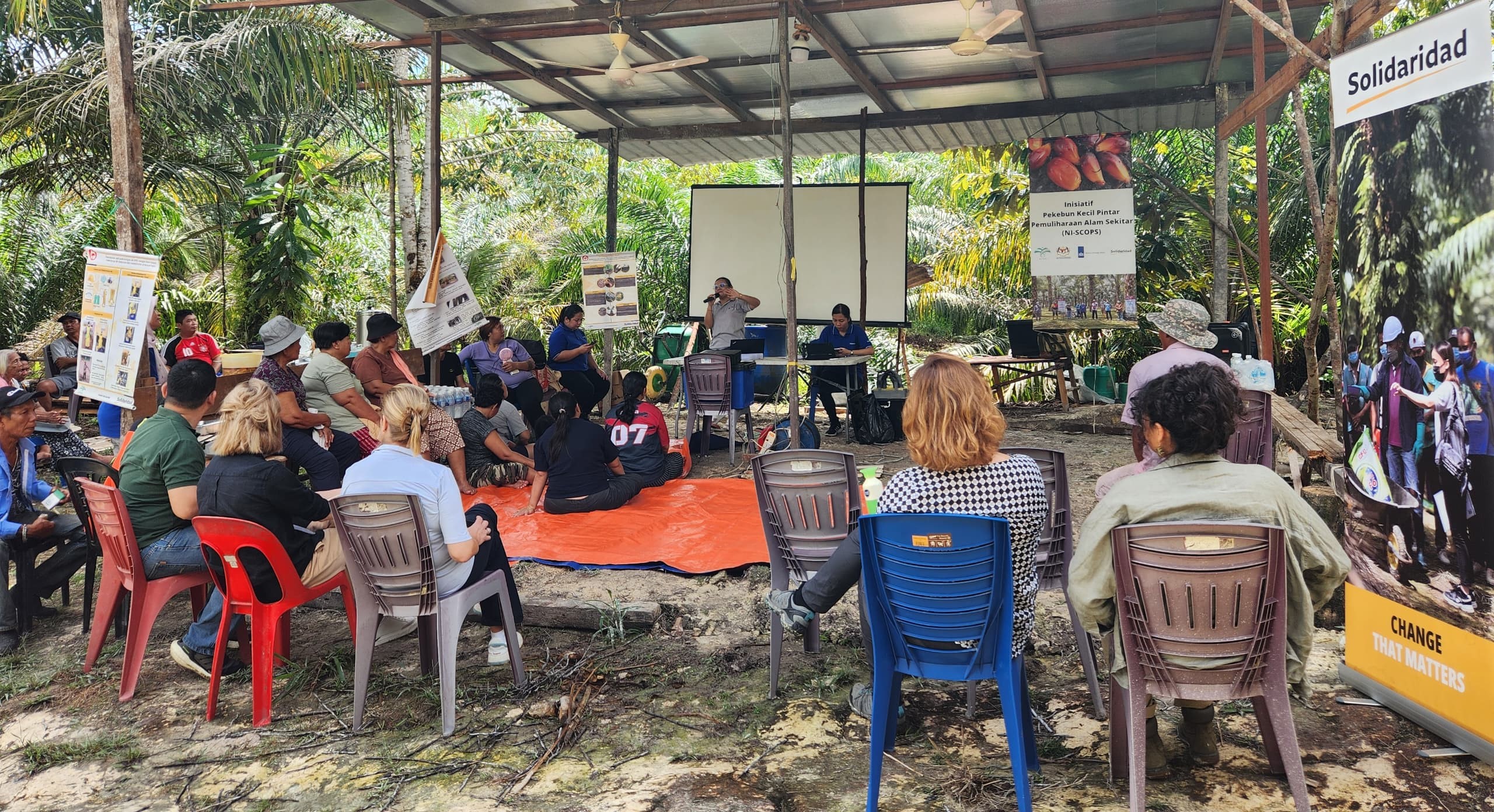
Continued collaborations with private sector
Our continued collaboration with private sector partners is key to creating impact in our work. We work with partners across supply chains on enhancing sourcing and trading practices, strengthening market connections, making technology, inputs and services available to producers, and fostering access to finance for smallholders and SMEs. Our partners include Henkel, with whom we celebrated 10 years of partnership, as well as our new partner Puratos. These companies are working closely with us to transform the palm oil supply chain towards smallholder inclusion and sustainability.
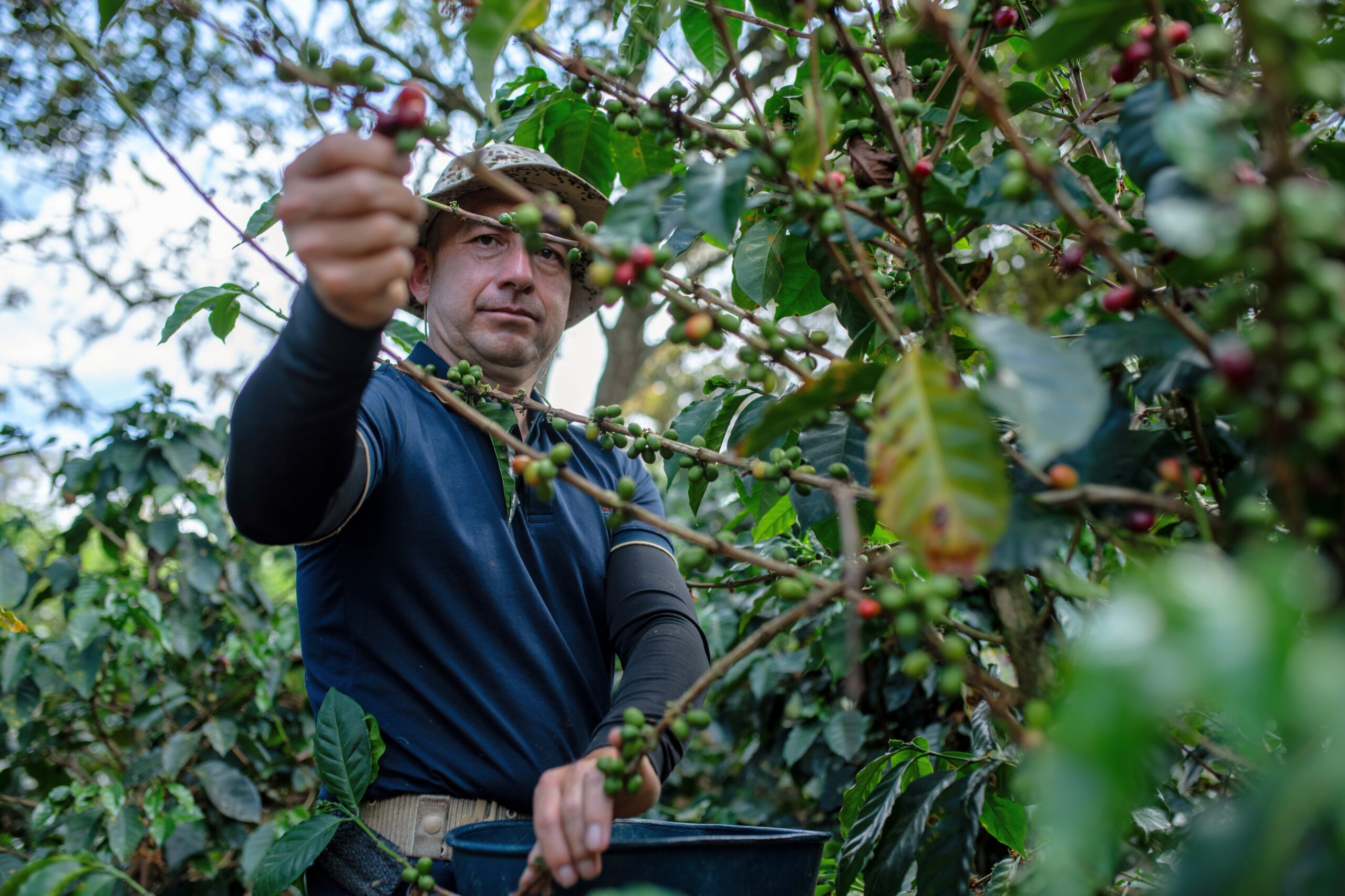
Advocating for smallholder-inclusive EU legislation
Solidaridad advocates actively for a smallholder-inclusive approach in European Union legislation, such as Corporate Sustainability Due Diligence Directive and European Deforestation Regulation. In 2024 the EUDR faced some bumps on the road due to elements within the European Parliament working to water it down, with Solidaridad continuing to advocate for this essential piece of legislation. In May 2024 the European Council gave its final approval for the CSDDD, a landmark piece of legislation; but in February 2025 the European Commission proposed sweeping changes to it with the Omnibus package.
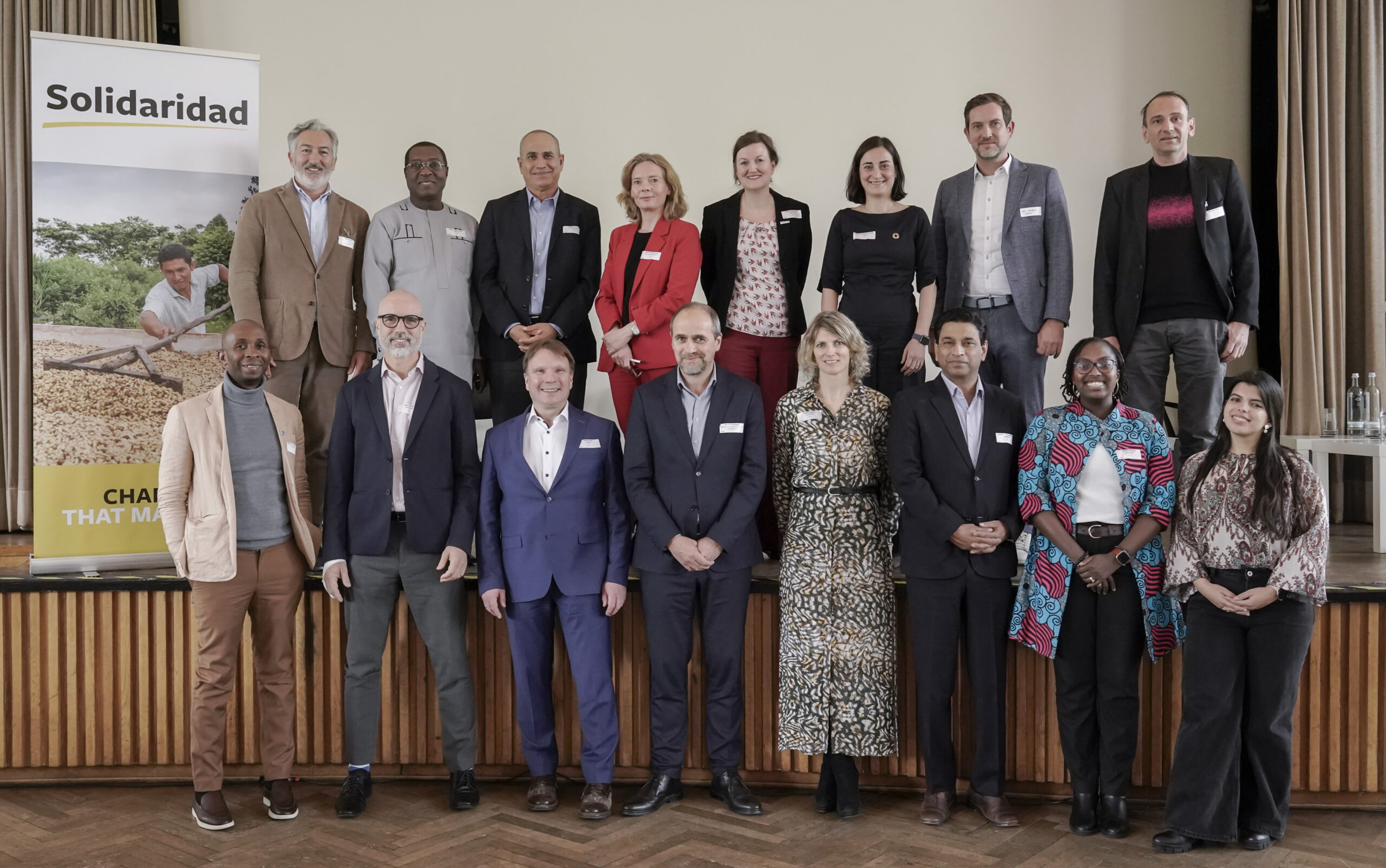
Bringing together stakeholders at events in Europe
We brought together stakeholders from a range of sectors to discuss pertinent sustainability issues at in-person events in 2024, such as due diligence in global supply chains and palm oil sustainability. Among key events were the stakeholder meeting in Düsseldorf to discuss with high-level representatives from companies, governments and civil society what an effective and inclusive due diligence framework would look like in practice, as well as the event in London where we presented a consultation paper called Procurement for Prosperity, designed to inform the upcoming Palm Oil Barometer.
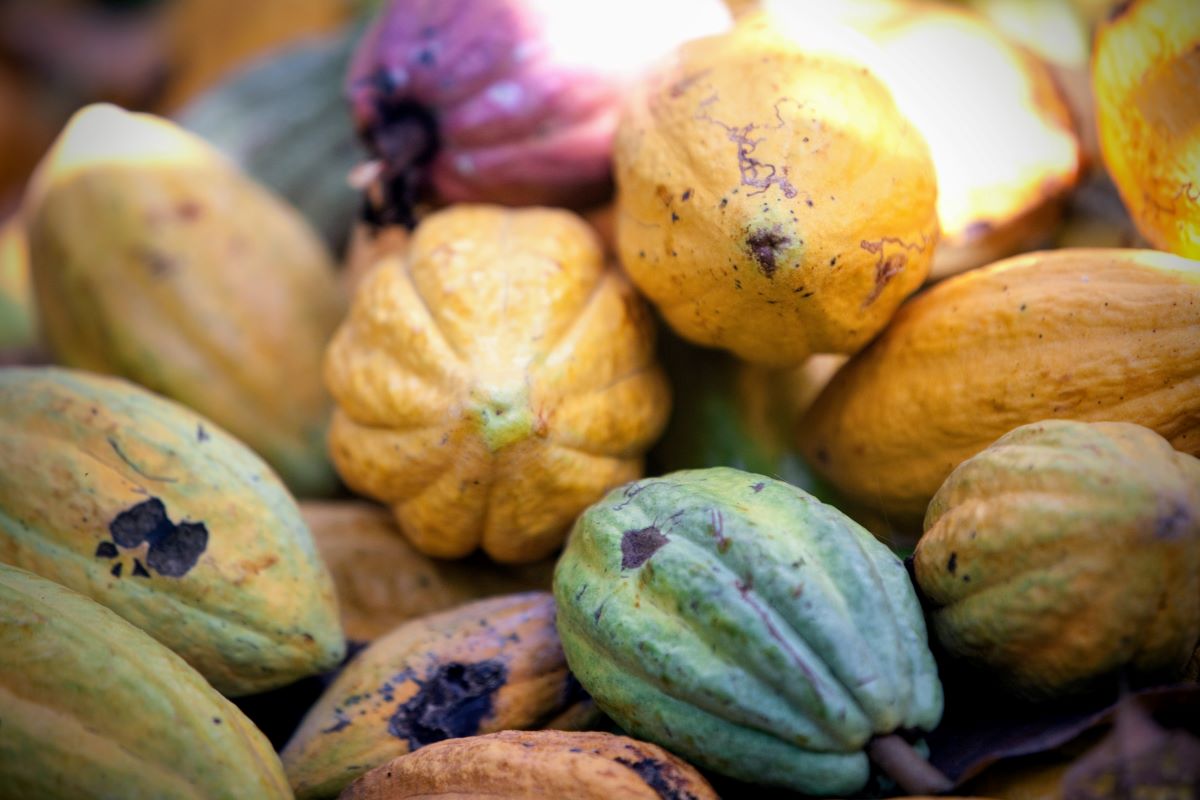
Position paper on Procurement Practices in cocoa
Under the umbrella of the Dutch Initiative on Sustainable Cocoa (DISCO), Solidaridad co-developed a Position Paper on Procurement Practices, together with cocoa and chocolate companies, CSOs and certification organizations. Acknowledging that procurement practices are a fundamental aspect of enabling cocoa farmers to earn a living income represents a big step forward for the DISCO partnership, and the next step is the adoption and implementation of the agreed principles on procurement practices.
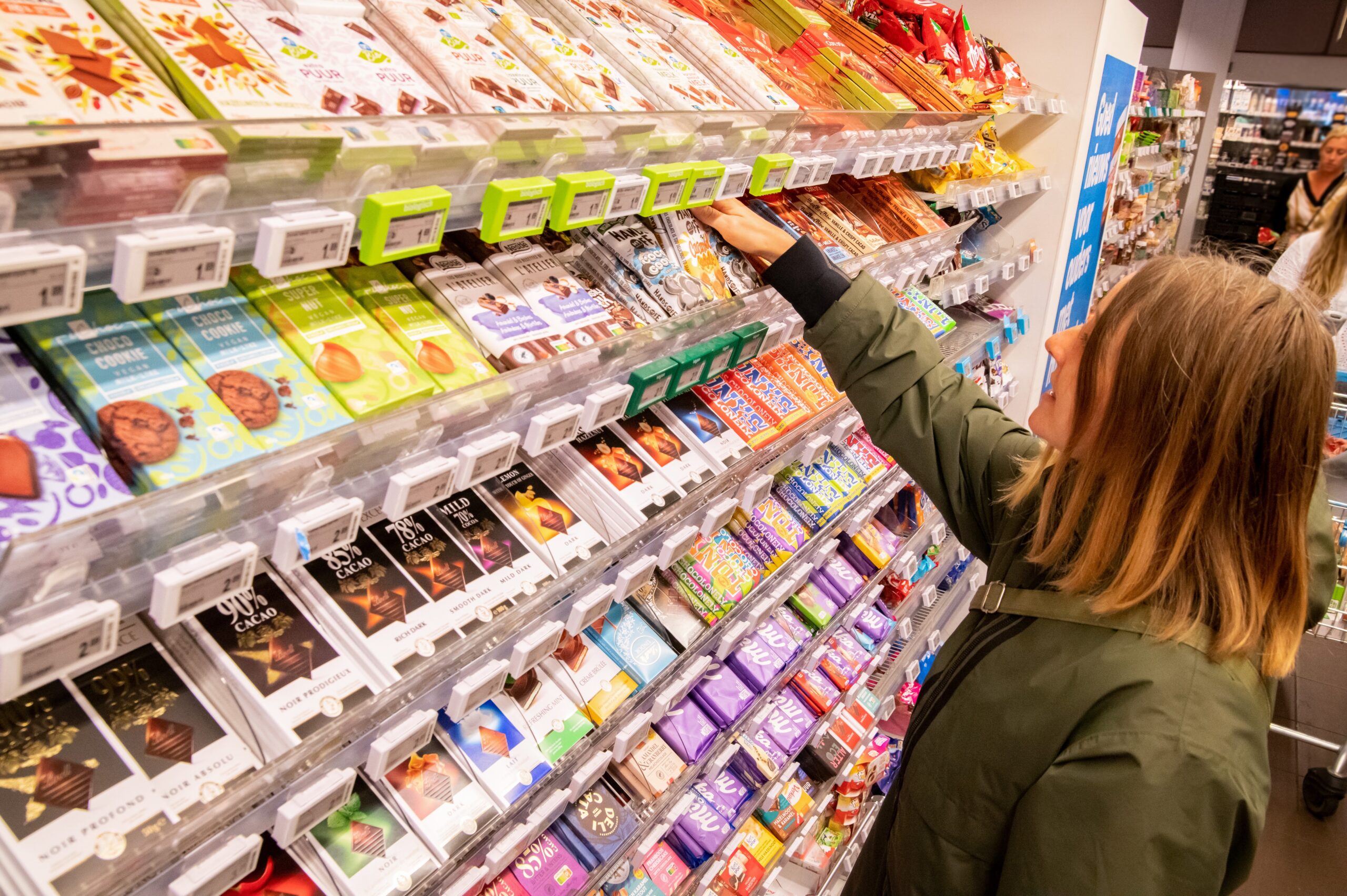
Where is my fair chocolate? campaign
Another highlight of our work with private sector partners in 2024 was the Where is my fair chocolate? campaign. We’ve had some very fruitful discussions with private sector actors regarding procurement of sustainable cocoa, and look forward to continuing the conversation in 2025. This work is accompanied by a public campaign in the Netherlands, including a petition among citizens to demand fair chocolate in Dutch supermarkets. Our goal is that by the end of 2025, all chocolate products on supermarket shelves are made with fair chocolate.
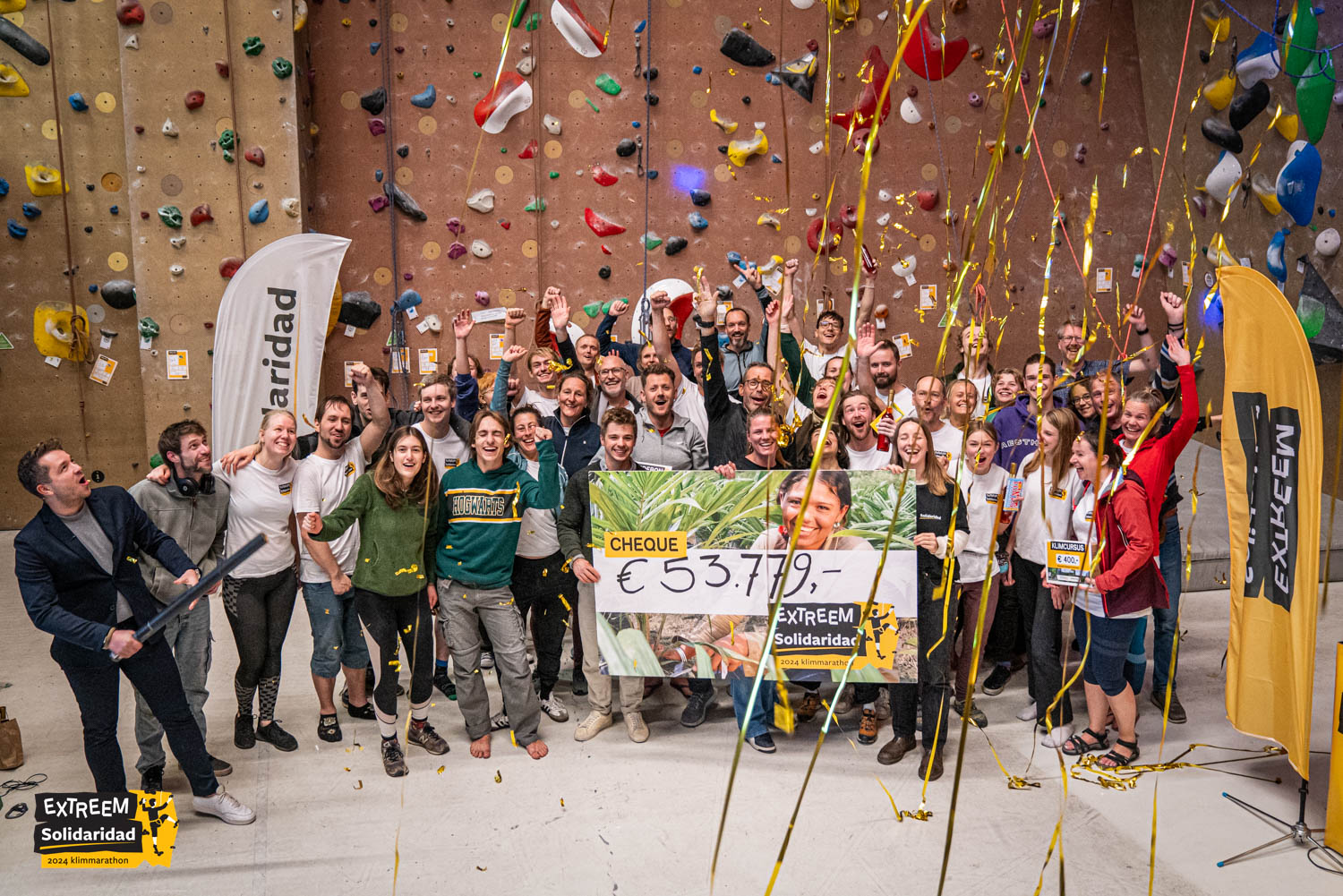
Climbing against Climate Poverty fundraising event
In 2024 we organized the second edition of our Climbing Against Climate Poverty event, in Nieuwegein and Arnhem, which helped us to attract thousands of new private donors and raise a total of € 54,000. With this event, Solidaridad supported smallholder farmers who produce much of the world’s coffee, tea, cotton and cocoa, and are facing an extreme challenge: the climate crisis. For them, climate change currently means extreme poverty and an uncertain future. This extreme situation calls for action!
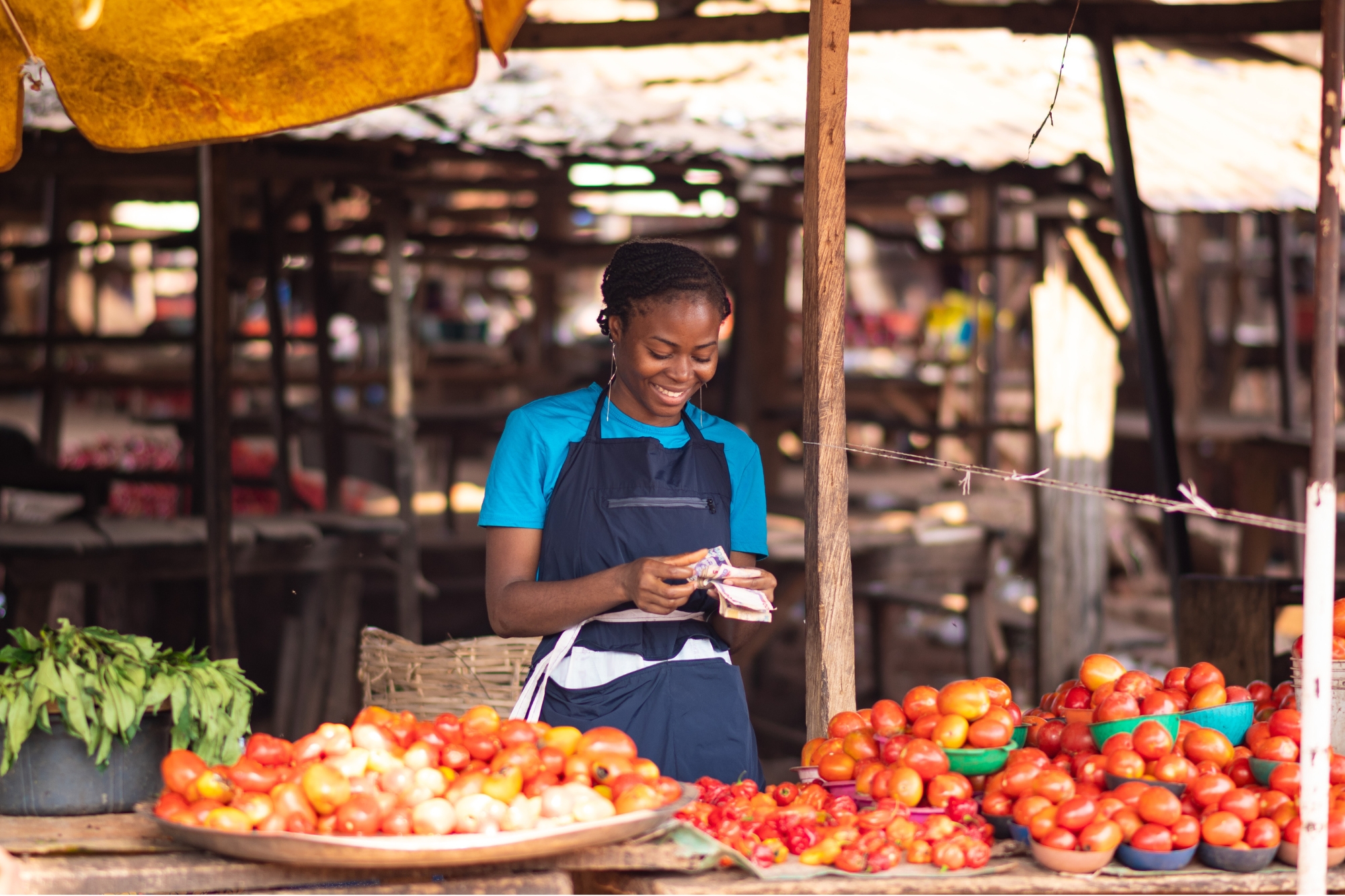
New donor contracts
We signed various new contracts with institutional donors in 2024, such as the ‘Harvesting Carbon’ project in Uganda with Danish Development Aid, which aims to create an industry first ‘pay-for-impact’ model whereby carbon ‘impact units’ are produced and traded alongside agricultural commodities. And we entered into a new partnership with the Heineken Africa Foundation, where Solidaridad in Europe played a key role in building the relationship and securing the funding, and the contract was signed by our colleagues in Southern Africa.
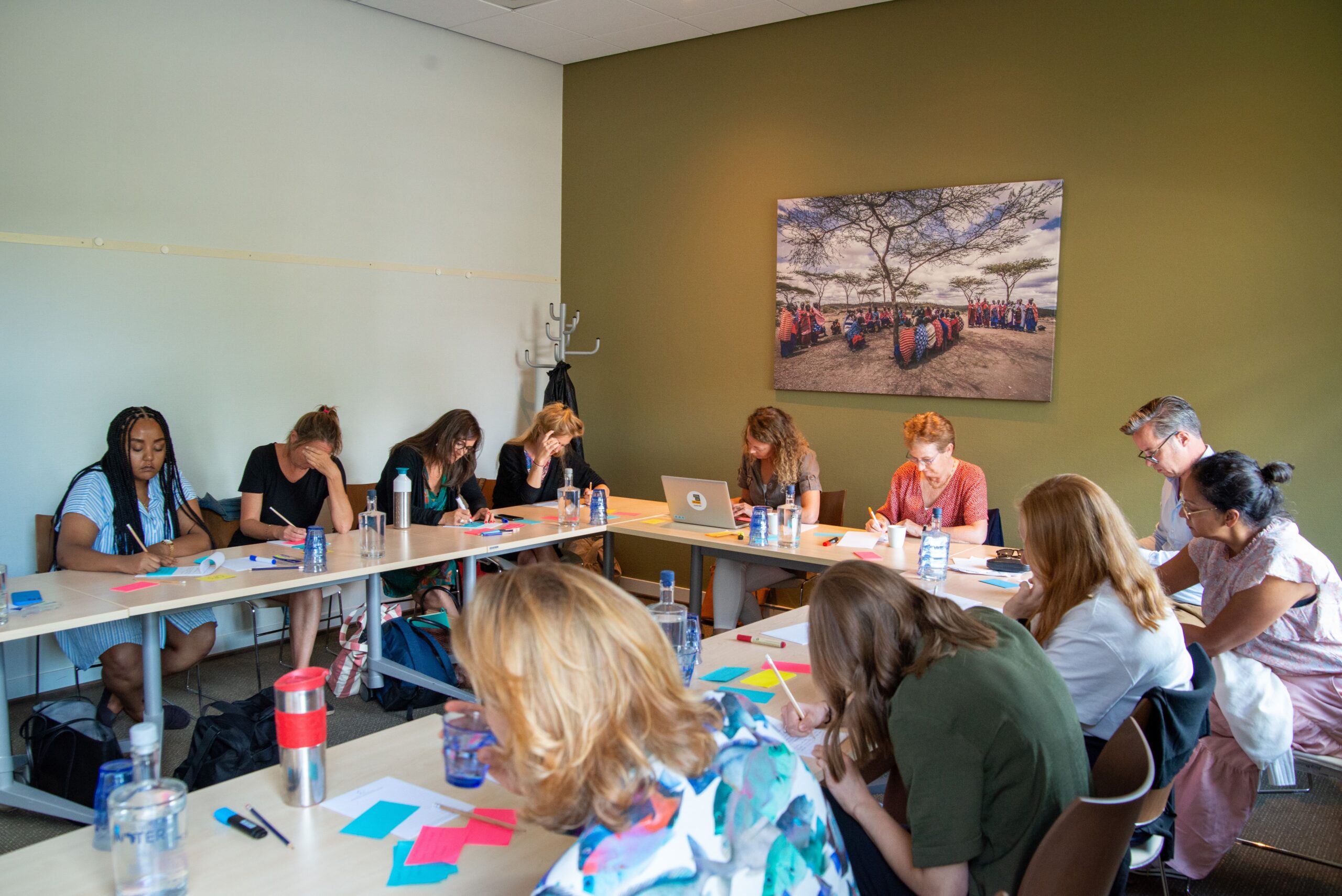
Facilitating continuous learning for an effective organization
Solidaridad Europe is a learning organization. In 2024, we made further steps in advancing organizational learning, enhancing knowledge accessibility, and ensuring quality planning, monitoring, and evaluation processes to obtain evidence for accountability and learning. This has strengthened programme effectiveness and supported data-driven decision-making across global programmes and corporate partnerships. We continued to play a major role in facilitating and coordinating Planning, Monitoring, Evaluation and Learning (PMEL) processes across our global programmes.
Results

64
corporates improved their sustainability policies, practices and inclusive business models
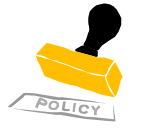
2
Regulatory frameworks in place in Europe
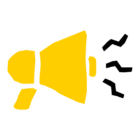
369,000
citizens were mobilized to demand a sustainable economy
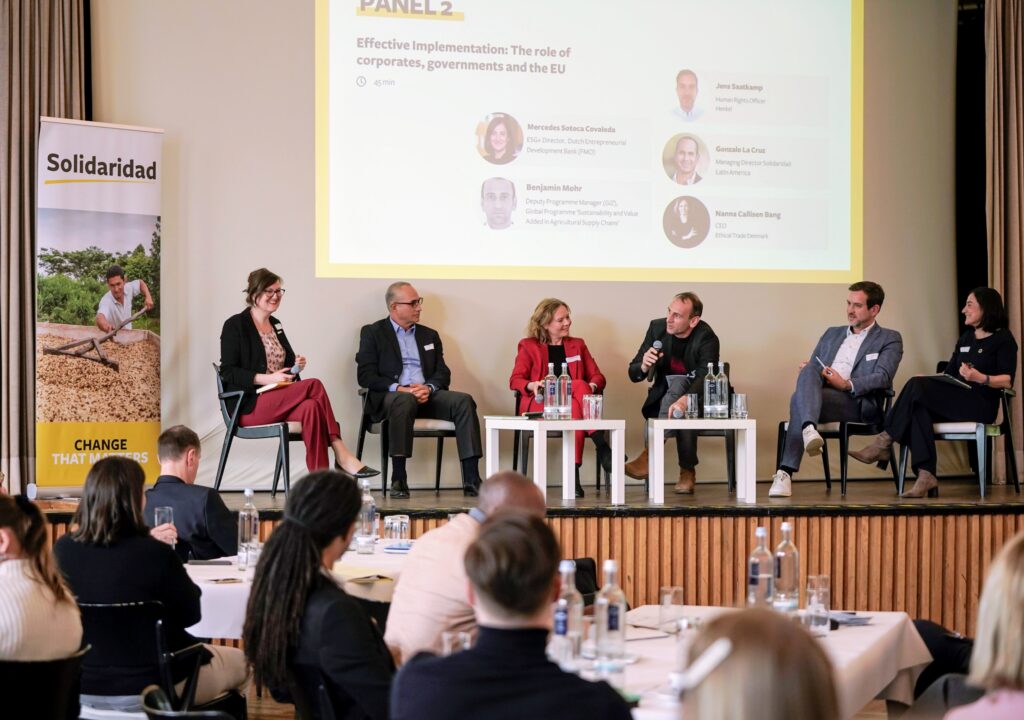
Our Impact in 2024
Striving For Collaboration With Meaningful Impact
As the world continues to face multiple and increasing challenges, we see at political level the support for international development cooperation eroding in many countries. The context in which we are working as an organization is becoming even more complicated as a result. In these turbulent times, Solidaridad’s partnerships and collaborations remain, more than ever, an essential part of our work. Companies and governments of both producing and consuming countries must prioritize the sustainability and inclusivity of global value chains, and the livelihoods of the people involved in these processes, and Solidaridad continues to advocate for this system change to happen.
Advocating for responsible procurement practices and smallholder-inclusive EU legislation.
The Policy Influencing (PI) team is advocating for the adoption of international supply chain legislation in Europe that will have a positive impact on smallholder farmers, workers, miners, and the environment in the producing countries where we work.
The adoption of the EU Deforestation Regulation (EUDR) and the Corporate Sustainability Due Diligence Directive (CSDDD) saw some important steps in 2024. Our focus has thus moved towards advocating for intentional implementation and accompanying measures (as part of a smart mix of measures), emphasizing the importance of implementation with a positive impact on producers. In our European advocacy we work with partners including Fair Trade Advocacy Office, Fairtrade International, Fern, Rainforest Alliance, VOICE, Oxfam and Tropenbos International. In cooperation with these partners, we held meetings with decision makers, sent letters, developed publications and position papers, formulated recommendations, and generated media attention.
Corporate Sustainability Due Diligence Directive
In April 2024 the European Parliament voted in favour of the CSDDD, a landmark piece of legislation that would make it mandatory for large companies in the EU to address impacts on human rights and the environment in their operations and supply chains globally. Finally, we saw stronger wording on meaningful stakeholder engagement, which is crucial for impactful human rights and environmental due diligence. We have advocated persistently for the inclusion of these points and celebrated their inclusion in the final directive.
Unfortunately, in February 2025 the European Commission presented its first Omnibus simplification package, proposing sweeping changes to key legislation that was meant to ensure corporate accountability. If adopted, these drastic changes would effectively reduce the CSDDD to paperwork without impact. Solidaridad and coalition partners continue to call upon the EU co-legislators to preserve the core elements of the CSDDD to ensure it delivers meaningful improvements to the living and working conditions for millions of smallholders and workers across the globe.
These key elements include the recognition of Living Wage and Living Income as human rights that companies need to take into account; the importance of addressing the impact of the company’s purchasing practices; and that disengagement from suppliers under the law should only happen as a last resort and in a responsible manner.
EU Deforestation Regulation
The EUDR is having a big impact in the sectors concerned, and we have been vocal about the risk that smallholders will lose entrance to the European market or face additional costs for compliance.
In late 2024 the European Parliament proposed changes to the already adopted Regulation, which would seriously undermine its impact. In response, major companies and civil society organizations in the cocoa sector, including Solidaridad, jointly voiced their concerns and called upon the Parliament not to reopen the EUDR political discussion. In the end, the legislators decided not to change the content of the Regulation, and agreed on a 12-month delay of the application date, to December 2025.
Responsible procurement practices
Our work with the private sector in various voluntary initiatives remains crucial, with a focus on several key commodities, and an important role in advocating for improved private sector sustainability policies in a range of Multi Stakeholder Initiatives. Throughout 2024, we advocated for the adoption of responsible procurement practices (RPP) by companies active on the European market, with the aim to enable producers to earn a living income and living wage.
Under the umbrella of the Dutch Initiative on Sustainable Cocoa (DISCO), we co-developed a Position Paper on Procurement Practices, together with cocoa and chocolate companies, CSOs and certification organizations. Acknowledging that procurement practices are a fundamental aspect of enabling cocoa farmers to earn a living income represents a big step forward for the DISCO partnership, and the next step is the adoption and implementation of the agreed principles on procurement practices. Another example comes from textiles: the publication about the importance of RPP in wet processing, a crucial tier-2 segment of the supply chain.
Publications
Solidaridad published various research papers and reports in 2024, including the palm oil paper Procurement for Prosperity. This paper invites corporations to implement procurement practices that ensure more farmer inclusivity and as such contribute to better livelihoods. It mentions the four dimensions of inclusivity: ownership, voice, risk and reward; and argues that prioritizing these has the potential to turn the tide on unequal value distribution, as well as support both farmer livelihoods and more sustainable production.
Another landmark publication was The Grounds for Sharing: A study of value distribution in the coffee industry. This research commissioned by the Global Coffee Platform, IDH and Solidaridad found that although there is enough value for everyone to make a profit in the coffee supply chain, this profit rarely reaches farmers. The report is an invitation to coffee companies to explore options for alternative value distribution that contributes to higher farmer income.
Strengthening our private sector collaboration for sustainable impact
The Corporate Engagement and Partnerships (CEP) team aims to build and maintain impactful partnerships to work jointly with the private sector towards inclusive and sustainable supply chains. In 2024 we engaged with 64 companies on implementing sustainable sourcing and trading practices, market connections, inclusive business models, and technology, inputs, and financial services across their value chains.
Improving sourcing, trading practices and market connections
In 2024, we made substantial advancements with 43 corporate partners in enhancing sourcing and trading practices (across multiple commodities, including palm oil, shea, cocoa, and coffee), and strengthening market connections. In Malaysia, the UK retailer Co-op supports NISCOPS’ climate agenda, equipping palm oil farmers with tools to assess their emissions profiles and implement climate-smart farming strategies to improve their capacity in light of climate change impacts. Low-emission and productive farms serve as best-practice models. In Colombia, the Intel4Value project advances sustainable palm oil sourcing and production through a data-driven approach that provides an ecosystem of digital and financial solutions that enable smallholders to adopt sustainable practices. Moreover, together with the Body Shop we made progress in the shea supply chain, strengthening the women groups in Ghana who process shea, working together on ensuring the integration of safety and health measures and the inclusion of these in the procurement policies and practices of the downstream buyers.
Together with Zeeman, Hunkemöller, G Star and America Today we are making progress in textile supply chains in Bangladesh through improving environmental due diligence of brands and supporting suppliers’ environmental performance as part of the Better Mill Initiative. Additionally, we work with Stahl and Dugros on the implementation of enhanced environmental standards at leather tanneries in Kolkata.
Solidaridad actively promoted fair labour conditions, for example, by upskilling women in mining communities and providing them with formal employment opportunities. Small-scale miners receive technical training and improved equipment, making production safer and more sustainable. In Tanzania, efforts are underway to build a traceable and fair gold supply chain, ensuring direct sourcing from responsible mines and improving miners’ access to finance. The Responsible Gold Credit system has been launched, with Fairphone committing to purchasing credits.
Another highlight of our work with private sector partners in 2024 was the Where is my fair chocolate? campaign. We’ve had some very fruitful discussions with private sector actors regarding procurement of sustainable cocoa, and look forward to continuing the conversation in 2025.
Making technology inputs and services available for producers
Over the course of 2024, Solidaridad worked with 12 companies to develop comprehensive strategies to address the accessibility of technology and services for producers. We advanced sustainable agriculture and responsible supply chains through strategic projects worldwide, and enhanced smallholder resilience in Bangladesh, Nigeria, and India by improving vegetable production, market linkages, and climate-smart farming. Furthermore, we expanded regenerative agriculture in the cotton sector in India and improved carbon measurement in Latin America and East Africa via the Cool Farm Tool.
Fostering access to finance for smallholders and SMEs
In 2024, we strengthened financial access for small and medium-sized enterprises (SMEs), cooperatives and farmers, enabling investments in agroforestry, solar energy, and sustainable production. We advanced carbon credit financing and collaborated with banks to influence sector-wide policies. Key partnerships progressed, including loan negotiations with Rabobank and investment discussions with Kampani.
Inspiring action for sustainable change
The Communications & Campaigning (C&C) team leverages powerful communication strategies to inspire market actors to adopt sustainable policies and practices. In close collaboration with our Policy Influencing, Corporate Engagement, and Donor Relations teams, we advocate for the adoption of international supply chain legislation in Europe, aiming to create positive outcomes for smallholder farmers, workers, and miners; work jointly on establishing and sustaining partnerships with European companies that source products from these producers; and support with delivering convincing proposals to donors. Furthermore, the team engages citizens through inspiring campaigns and mobilizes funding from individual donors.
Shaping the future of due diligence: high-level stakeholder meeting in Düsseldorf
In April 2024, just as the CSDDD passed through the European Parliament, Solidaridad organized a stakeholder meeting in Düsseldorf, Germany, to discuss what an effective and inclusive due diligence framework would look like in practice with high-level representatives from companies, governments and civil society. The conference was well attended and delivered a sparkling debate.
Palm oil: engaging stakeholders and increasing public awareness
2024 proved to be a year of events for effective stakeholder engagement, for that matter: at our palm oil consultation event in London in October, we presented a consultation paper called Procurement for Prosperity, designed to inform the upcoming Palm Oil Barometer, set for publication in 2025. The event stirred high-level industry engagement, with retailers and sustainability initiatives acknowledging the importance of smallholder inclusion in responsible palm oil sourcing. However, meaningful change also requires broader public awareness. Despite progress in the palm oil sector, many consumers in Europe still believe that palm oil is inherently harmful and should be banned. To challenge this misconception, we created an online palm oil quiz to highlight the facts about sustainable palm oil, with more than 13,000 quiz participants in the Netherlands (to date).
Coffee: new publication stirs stakeholder and public engagement
We worked closely with the Policy Influencing team on the publication of The Grounds for Sharing: A study of value distribution in the coffee industry, which gave rise to substantial engagement with multiple stakeholders. Both global coffee media (like Daily Coffee News) as well as general media (Trouw, Redaktionsnetzwerk Deutschland) published about it. Following its release, 12 major roasters and traders committed to prioritizing procurement principles that support fair value distribution. Moreover, in Germany we launched a business and a consumer campaign to catch the attention of stakeholders in the coffee sector and the general public respectively, and to enlist their help to the importance of addressing these systemic issues to transform the coffee industry. The campaigns promote more equitable value distribution, strive to ensure that farmers’ voices are heard, and inspire action across the value chain.
Cocoa: campaigning for fair chocolate on Dutch supermarket shelves
Our research revealed that 93% of chocolate products in Dutch supermarkets are unfair, meaning cocoa farmers are still not paid enough to earn a living income. While some chocolate bars meet fair standards, many products containing chocolate fall short. That’s why we launched a new campaign in the Netherlands. Our goal is that by the end of 2025, all chocolate products on supermarket shelves, whether premium or private label, are made with fair chocolate. Cocoa farmers deserve a living income to support their families, and consumers deserve the chance to have a wide availability of responsible products to choose from. By the end of 2024, the campaign motivated over 15,889 citizens to sign our petition for fair chocolate in Dutch supermarkets, and led to discussions with several Dutch supermarkets on how the change can be achieved.
Individual fundraising
In 2024, income from individual donors (donations and inheritances) in the Netherlands reached an amount of € 1.04 million. The second edition of our Climbing Against Climate Poverty event contributed to that, boosting our visibility, attracting thousands of new donors and raising a total of € 54,000. On top of that we secured income from family foundations, companies and the Dutch Postcode Lottery.
Partnerships that matter
The aim of the Donor Relations (DR) team is to grow and diversify Solidaridad’s income, and build and maintain trustworthy relationships with its donor community. The team raises funds from European donors to allow for the implementation of our global multi-annual strategic plan (MASP), and to grow the income of the global network. Furthermore, the team is responsible for stewarding relationships with existing donors, and managing existing programmes and projects to the highest standards.
New and ongoing programme implementation
In 2024, Solidaridad began and/or continued with the implementation of a range of large-scale programmes. It was the inception year of the second phase of NISCOPS, Solidaridad’s flagship palm oil programme, made possible with support from the Netherlands Ministry of Foreign Affairs and UK FCDO. Our Pathways to Prosperity programme went into its second year, accelerating interventions towards our goal to ensure that producers (men, women and (rural) youth) have improved access to knowledge and entrepreneurial skills, services and technology as well as markets, and are able to professionalize and sustain their businesses and livelihoods.
Both Pathways to Prosperity as well as RECLAIM Sustainability! contribute to systemic change across several supply chains (through different yet complementary interventions). Under our RECLAIM Sustainability! programme we integrated lessons learnt from the 2023 mid-term evaluation, and started preparing for the future and further seeking alignment, particularly with the upcoming end of this programme in 2025. We also continued with the implementation of Acting Now, a three-year programme on food security in nine African countries. In the meantime, our Climate Heroes programme, funded by both the Nationale Postcode Loterij (Dutch Postcode Lottery) and the Deutsche Postcode Lotterie (German Postcode Lottery), started to reach scale. Last but not least, our team continued to manage various other projects, such as public-private partnerships (PPPs).
Feedback from donors remains positive, which is a reflection of the great work done not only by our team, but by all colleagues at Solidaridad Europe and the global network. At the end of 2024, a variety of donors completed our satisfaction survey, confirming they are (very) satisfied with their cooperation with Solidaridad. Moreover, we are very pleased that in 2024 we truly managed to scale up our engagement with key donors beyond the current grants. Relationships with the Netherlands Ministry of Foreign Affairs as well as GIZ (managed by Solidaridad Germany) and others remain strong, while our engagement with the UK FCDO increased thanks to our newly established presence in the UK, another highlight of 2024.
Income growth and diversification
While we invested in various donor targets and opportunities, our income growth and diversification results regretfully did not meet our targets. With donors decentralizing we see that other Solidaridad regional expertise centres, with our support, have built new partnerships with country offices of donors like GIZ and the EU. While this is good news for our network, it has not brought in additional revenue for the European team. We also realize that diversification of income requires time and perseverance. And finally, competition remains stiff, particularly with traditional donors reducing official development assistance (ODA) financing and sticking to their own preferred NGOs as much as possible.
Nevertheless, we have signed various new contracts, such as the ‘Harvesting Carbon’ project in Uganda, which aims to create an industry first ‘pay-for-impact’ model whereby carbon ‘impact units’ are produced and traded alongside agricultural commodities. This project is a true PPP (with LDC, Lavazza and Merrild as our corporate partners) and is co-financed by Danida Green Business Partnership. Solidaridad also entered into a new partnership with the Heineken Africa Foundation, where Solidaridad in Europe played a key role in building the relationship and securing the funding, and the contract was signed by our colleagues in Southern Africa. During the implementation Solidaridad Europe will receive a part of the grant to continue managing the relationship. This grant and partnership management model reflects Solidaridad’s adaptability to the trend of increased decentralization of donor funding.
Facilitating continuous learning for an effective organization
Solidaridad Europe aims to build its knowledge and learn in order to deliver effective, efficient and relevant programming and continuously improve as an organization. The Knowledge Management & Learning (KML) team contributes to this by focusing on the following 3 team objectives:
- Solidaridad Europe staff and the organization are continuously learning and improving;
- Knowledge is developed and made accessible for all staff in the organization;
- Quality evidence is collected, analysed and used.
In 2024, the Knowledge Management & Learning team at Solidaridad Europe contributed to advancing organizational learning, enhancing knowledge accessibility, and ensuring quality planning, monitoring, and evaluation processes to obtain evidence for accountability and learning. This has strengthened programme effectiveness and supported data-driven decision-making across global programmes and corporate partnerships.
Continuous learning and improvement
Based on the findings of the organizational learning survey, we have developed an Organizational Learning Action Plan, prioritizing knowledge development in Payment for Ecosystem Services (PES), CSDDD, and EUDR. The Learning@Solidaridad Europe page was launched on the internal Knowledge Hub, providing staff with access to key learning resources. This includes a Learning Blog where staff can share their learning experiences. Throughout the year, we facilitated multiple learning sessions, related to the priorities in team learning plans, the strategic learning themes, our RECLAIM Sustainability! Innovation portfolio, and to support learning and exchange in our major global programmes. An online Global Onboarding programme was developed with seven self-paced modules on our new learning platform TalentLMS, with the aim to ensure that new staff can quickly integrate into the organization.
Knowledge development and accessibility
To enhance knowledge accessibility, we further developed and updated prioritized pages on the Knowledge Hub. Dedicated thematic pages have been updated for Climate & Natural Resource Management, PES, Decent Work, Fair Value Distribution, and Gender Equality and Social Inclusion (GESI). In addition, we developed new pages to further inform our colleagues on our Pathways to Prosperity programme, our Albert Heijn Foundation partnership, and supported the CEP team in updating their Partnering Cycle page.
We also published a number of new internal knowledge products, including the MASP Review Paper (a reflection on the current multi-annual strategic plan (MASP), identifying successes and challenges), the MASP Input Paper (with recommendations for the 2026-2030 Global MASP, shaping future priorities), the Agroforestry Design Guide (a practical tool for designing sustainable agroforestry interventions), and the Food Systems Knowledge Product (a synthesis of lessons learnt on sustainable food systems programming at Solidaridad).
Collecting, analyzing and using quality evidence
A significant portion of our work focused on Planning, Monitoring, Evaluation and Learning (PMEL) advice and the coordination of PMEL processes in global programmes like Pathways to Prosperity, Acting Now, RECLAIM Sustainability!, NISCOPS, and Climate Heroes. We conducted and supported evaluations such as the NISCOPS mid-term review, and the baseline assessments for Pathways to Prosperity and Acting Now. We strengthened data collection frameworks for improved programme tracking and reporting, and supported annual planning, outcome harvesting and reporting processes, for example, for NISCOPS, RECLAIM Sustainability! and Pathways to Prosperity. We also led the RECLAIM Sustainability! Global Linking & Learning agenda and Innovation portfolio, fostering cross-programme learning and knowledge exchange within the RECLAIM Sustainability! consortium (Solidaridad, Fairfood, Business Watch Indonesia and TrustAfrica). In the corporate sector, we provided PMEL advisory support to partners such as Henkel and Albert Heijn Foundation, helping to refine monitoring frameworks and improve outcome measurement.
Change that Matters Stories
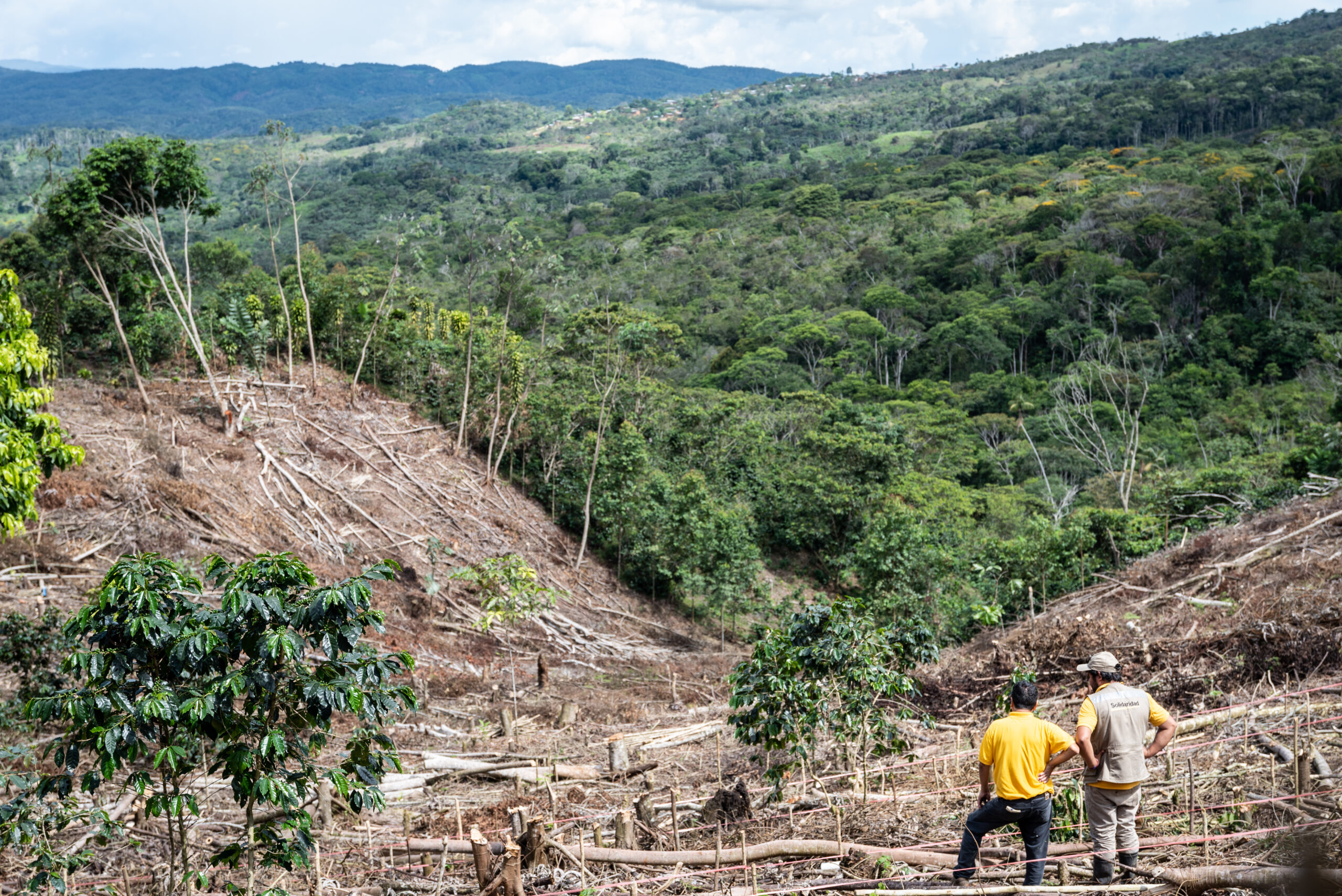
Whilst market actors have an important role and responsibility in ensuring smallholder-inclusive and sustainable supply chains, another vital aspect is legislation. Solidaridad has been active in the European Union policy influencing arena for some years now, advocating for a smallholder inclusive approach in important legislation, including the Corporate Sustainability Due Diligence Directive (CSDDD) and the European Deforestation Regulation (EUDR).
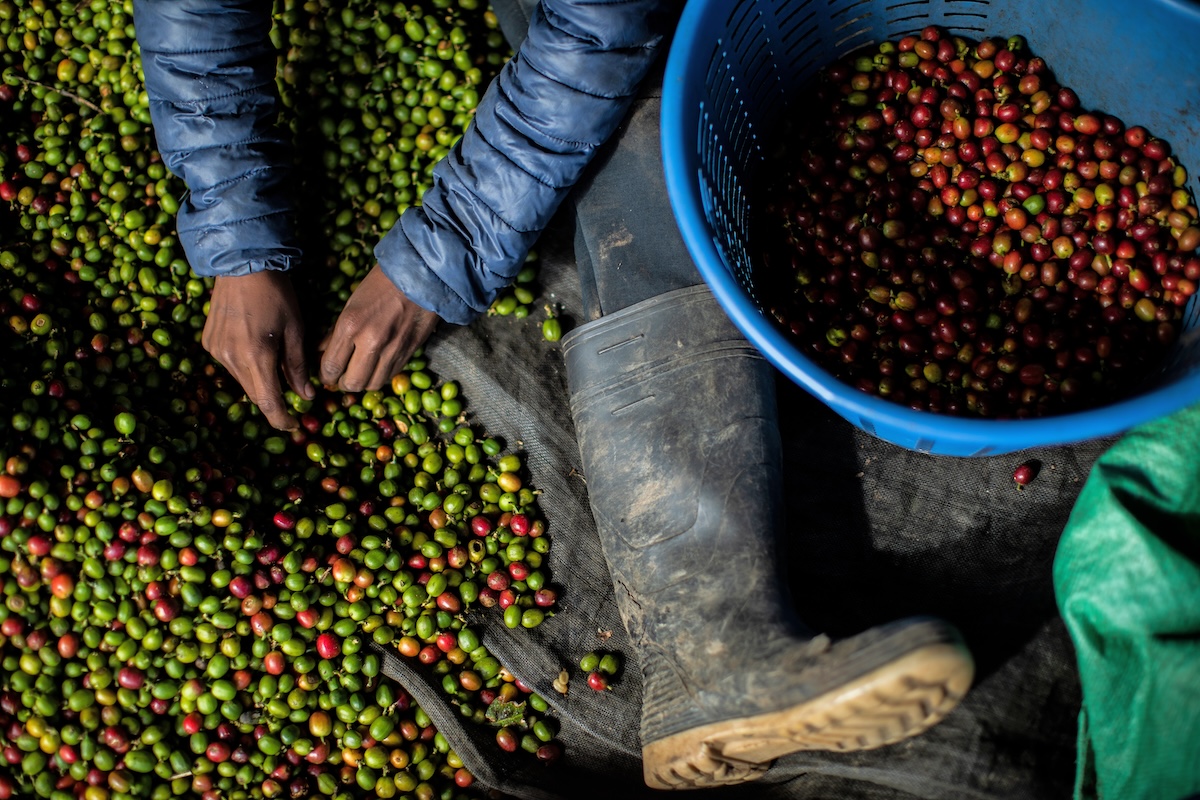
A research report – ‘The Grounds for Sharing: A study of value distribution in the coffee industry’ – commissioned by the Global Coffee Platform, IDH and Solidaridad found that although there is enough value for everyone to make a profit in the coffee supply chain, this profit rarely reaches farmers. The report is an invitation to coffee companies to explore options for alternative value distribution that contributes to higher farmer income.
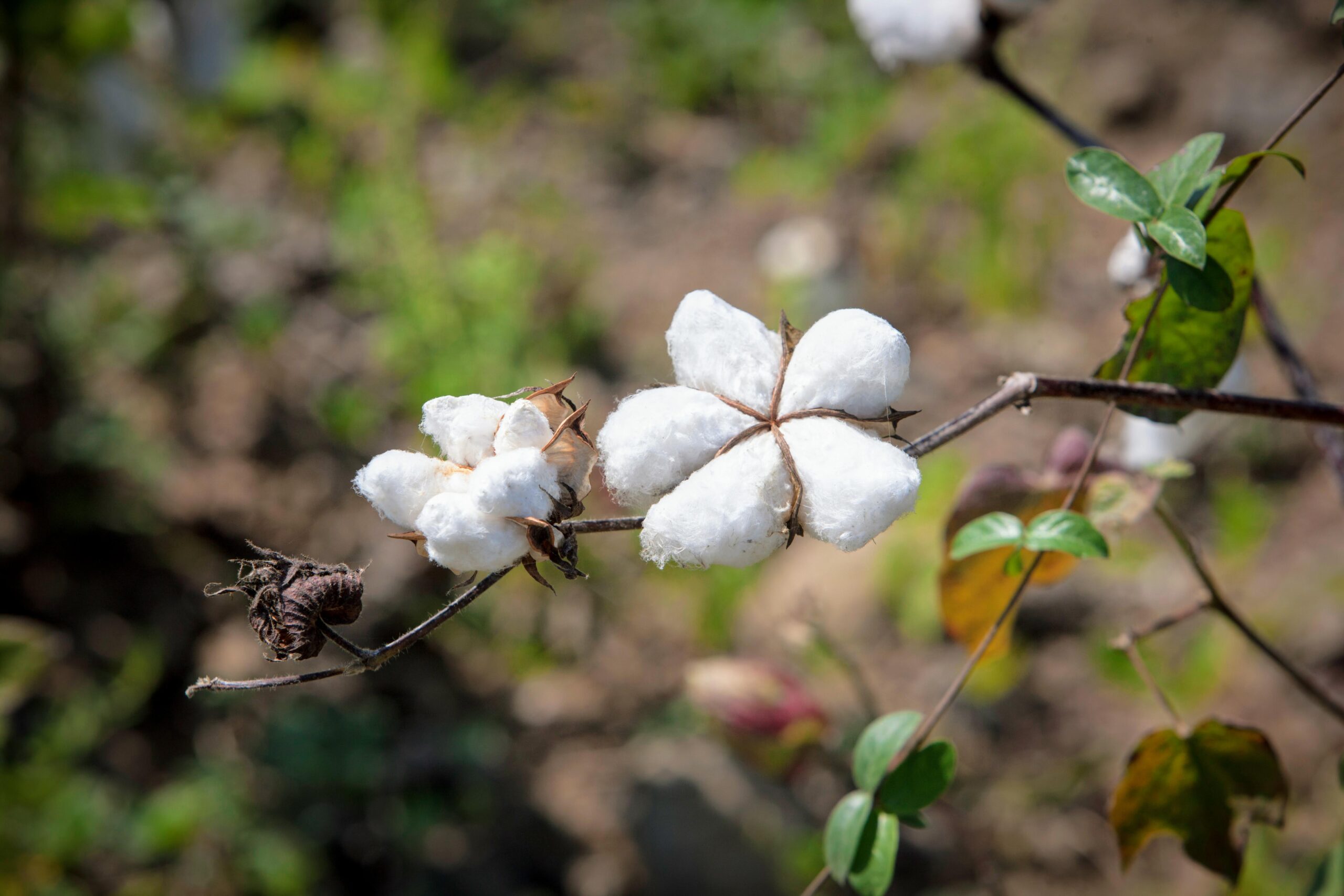
Solidaridad and Planboo joined forces in 2024 to improve agricultural practices across Zambia’s cotton sector, build smallholder farmer resilience and contribute to combating climate change. By leveraging Solidaridad’s experience in sustainable agriculture with Planboo’s digital MRVin platform, the partnership aims to support smallholder cotton farmers in Zambia to produce and adopt biochar. Starting with a pilot, and scaling up when successful, the partnership aims to reach 100,000 smallholder farmers in the next 5 years.
Innovation
Nature-based solutions for climate and smallholders
Change that matters
Worldwide, farmers are key players in climate change mitigation. 84% of the 570 million farms are run by small-scale farmers, so they can contribute significantly by adopting sustainable practices that capture CO2 and deliver essential ecosystem services.
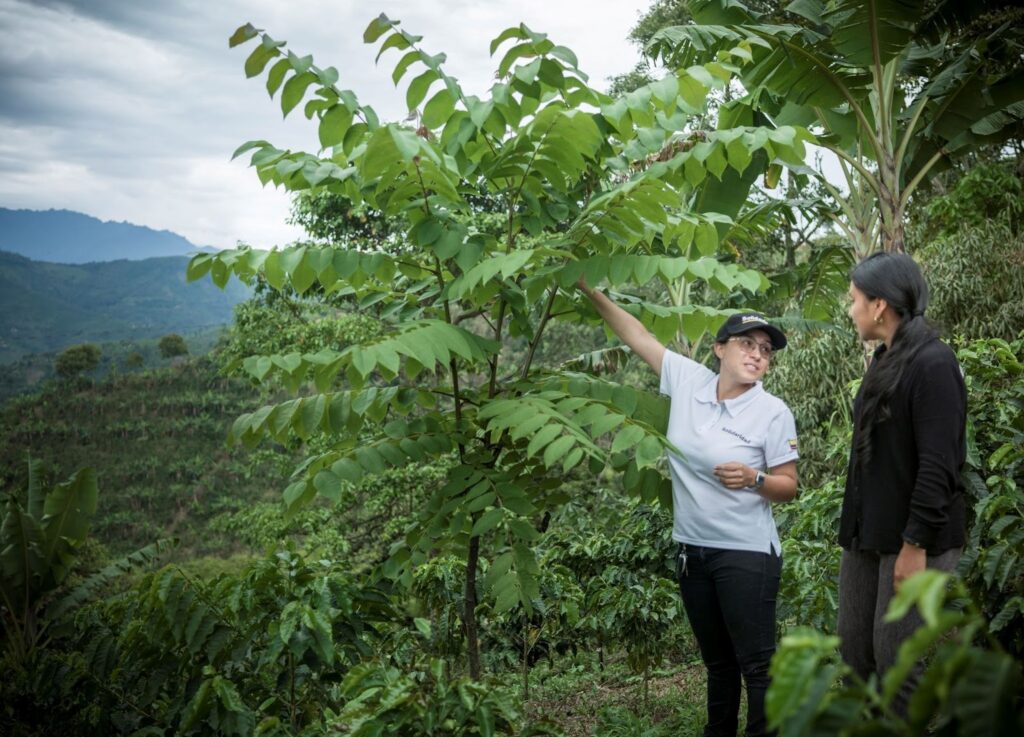
At Solidaridad, we believe that small-scale farmers should be recognized and rewarded for capturing CO2 in trees and soil. This helps preserve our planet’s limited resources and improve our overall quality of life, and it contributes to their livelihoods. We actively work on further developing and implementing solutions such as agroforestry, biochar and biogas energy. This not only enables small-scale farmers to become more climate resilient, but also supports companies with reducing their carbon footprints, and allows national governments to meet their commitments.
With the implementation of our Climate Heroes as well as a number of other programmes, Solidaridad works towards our key strategic 2025 ambition: (European) markets and market actors paying for sustainability. In 2024, we reached 92 thousand farmers in 7 Solidaridad project countries, generating 1.9 million euros in additional revenues for farmers. The role of Solidaridad is primarily focused on training farmers on agroforestry and climate smart agriculture, supporting the provision of tree seedlings, and onboarding farmers to Acorn, a platform that allows them to link to the carbon market.
We greatly appreciate the support of various partners, such as the Nationale Postcode Loterij (Dutch Postcode Lottery) and the Deutsche Postcode Lotterie (German Postcode Lottery), as well as the Danida Green Business Partnership facility, which allows us to pilot and take our climate solutions to scale.
Organization & Governance
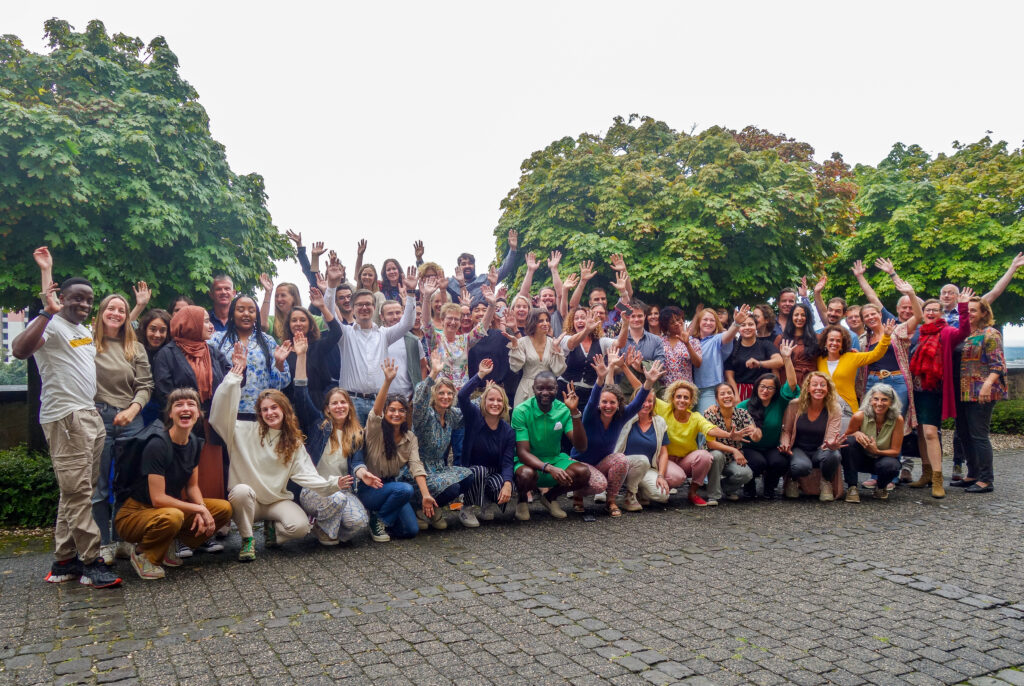
About us
A diverse international organization
The Solidaridad regional expertise centre in Europe comprises three entities, Solidaridad Europe, Solidaridad the Netherlands, and Solidaridad Germany. Solidaridad also has representation in the UK and partnerships in various European countries, which creates ample opportunities for our work in influencing corporations, governments and citizens to take up and commit to more sustainable value chains.
Solidaridad is an international network organization with a relatively new and culturally diverse staff. Our staff is the key factor for realizing the vision and strategy of Solidaridad. Solidaridad strives to be a learning organization. Learning together also means creating a culture of cooperation, providing and receiving feedback, and allowing each other to learn and improve.
Our employee figures for Solidaridad Europe divided per gender at the end of 2024 were:
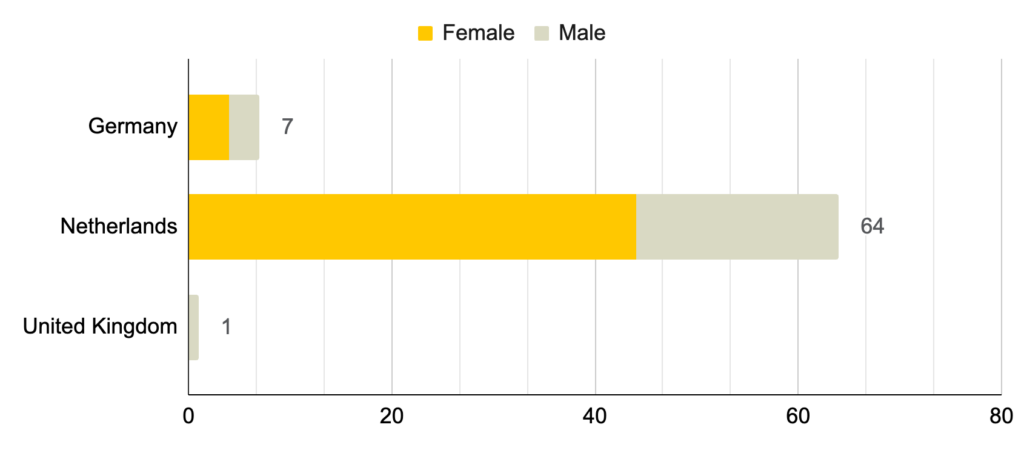
We recruited and onboarded 12 new colleagues in the course of 2024; with an additional 3 colleagues filling temporary capacity gaps. A further 3 colleagues moved internally within the regional expertise centre of Solidaridad Europe to take up new roles.
Solidaridad has its own job & salary framework, which is based on job descriptions. The tasks and responsibilities are described per job function. The functions are weighed on the basis of the following four characteristics: knowledge and experience, independence, social skills and risks, responsibility and influence. Solidaridad’s salary policy follows that of the Dutch government (CAO Rijk).
At Solidaridad, diversity, equity and inclusion (DEI) are key to our collective mission, vision and values. We aim for Solidaridad to be an inclusive place where all people feel heard, seen, and valued for their diverse identities, experiences, perspectives and skills.
We are therefore committed to ensuring a safe and healthy working environment by treating everyone with dignity and respect, enabling and empowering us to be ourselves and achieving our full potential as individuals and our collective mission as an organization.
In 2024 two integrity breaches were reported to the CBF. Both occurred outside of Europe, in programmes funded by the Netherlands Ministry of Foreign Affairs, to whom the incidents were also reported. One was related to abuse of power and interpersonal misconduct and was resolved. The second is related to financial misconduct of a staff member of another office and investigation is ongoing. In both cases, an external investigator was involved to investigate the reported incidents. We also received three complaints within Solidaridad in Europe that were resolved internally and did not lead to a report.
The Employee Engagement Survey showed an overall score of 76% on Integrity and values, with 67% of staff indicating they feel they can raise any concern they have, and 83% indicating they would report a breach known to them. These survey percentages are lower than in 2023. Upon further analysis, it appeared that the drop in raising concerns was not so much related to personal concerns, but rather to the desire to have more opportunities to discuss organizational and strategic choices. This point is addressed in the action plan following the employee survey.
The increasing number of complaints and staff reaching out to Persons of Trust suggests the integrity system is working well and staff feel they have a safe place to work. We will continue to continuously improve by providing a safe place to work.
Finance
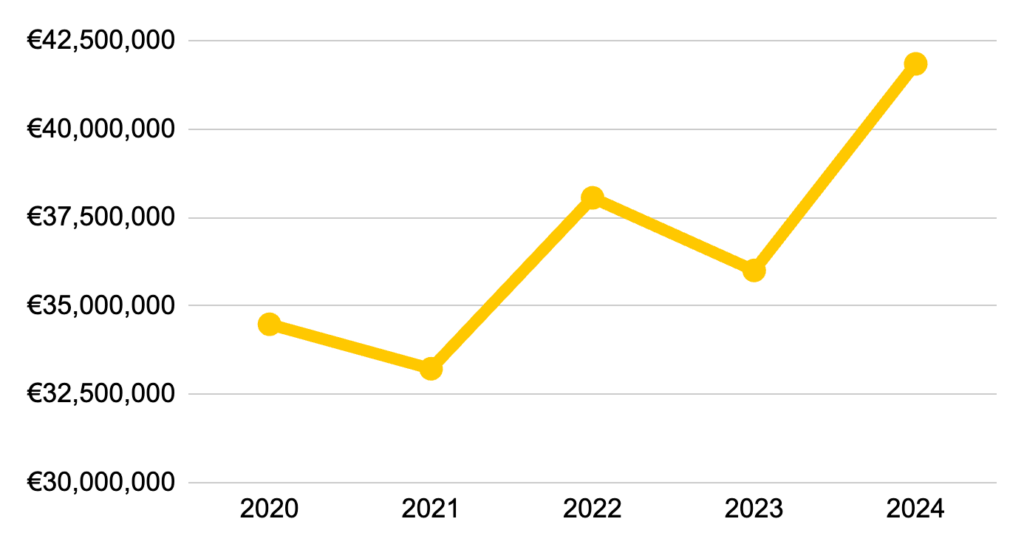
xxx
xxx
xxx
The total income in 2024 was Euro 41,848,177; an increase of Euro 5,846,145 compared to 2024. Income from subsidies increased by Euro 3,332,920 compared to 2023, and was Euro 685,446 higher than budgeted. The increase is mostly due to new grants received from the UK FCDO (NISCOPS 2) and Danida (Harvesting Carbon Uganda). Income from other fundraising increased by Euro 2,513,225 compared to last year, and was Euro 1,260,731 higher than budgeted. This is due to various reasons, such as new contracts signed (Puratos, Rabo Foundation and the Rabobank) and higher income from lotteries.
The total expenditure in 2024 was Euro 41,617,725, which is Euro 5,775,493 higher than in 2023, and Euro 1,212,725 higher than budgeted. Of the total expenditure, Euro 40,240,259 was spent directly on our objectives. Interest and income from investments was Euro 479,347. This has led to a positive result of Euro 709,799 in the statement of income and expenditure in 2024, where 2023 had a positive result of Euro 198,506. The result of 2024 is affected by movements in the reserves and designated funds, leading to an addition of Euro 564,755 to the continuity reserve.
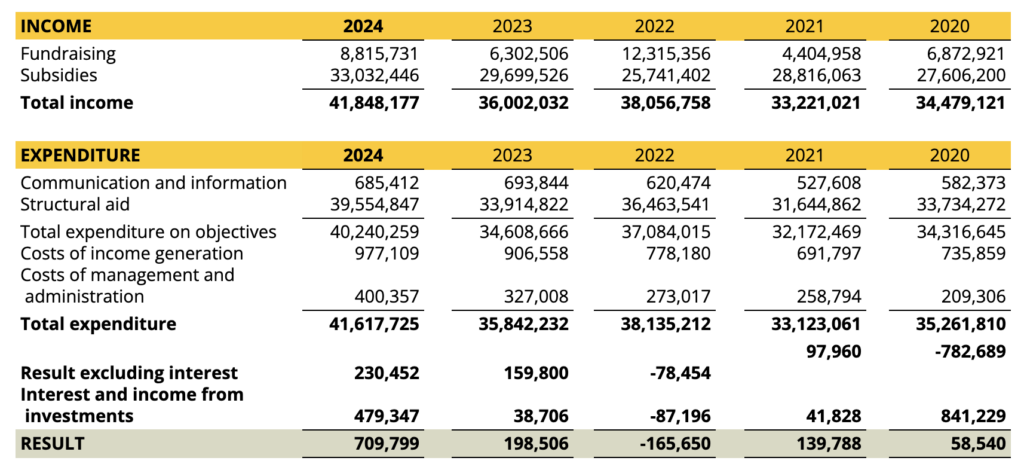
The full audited annual statements of 2024 can be found below.

